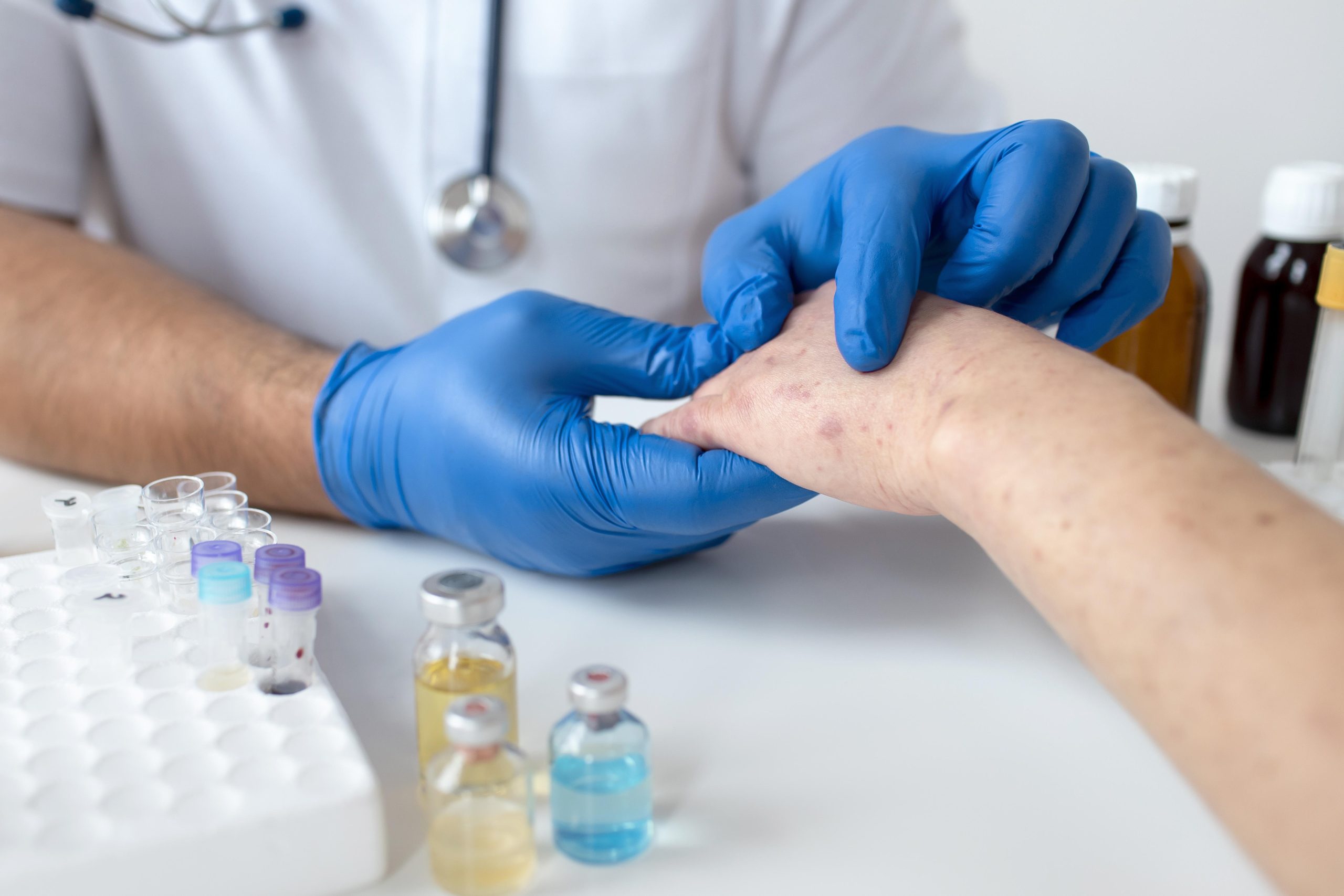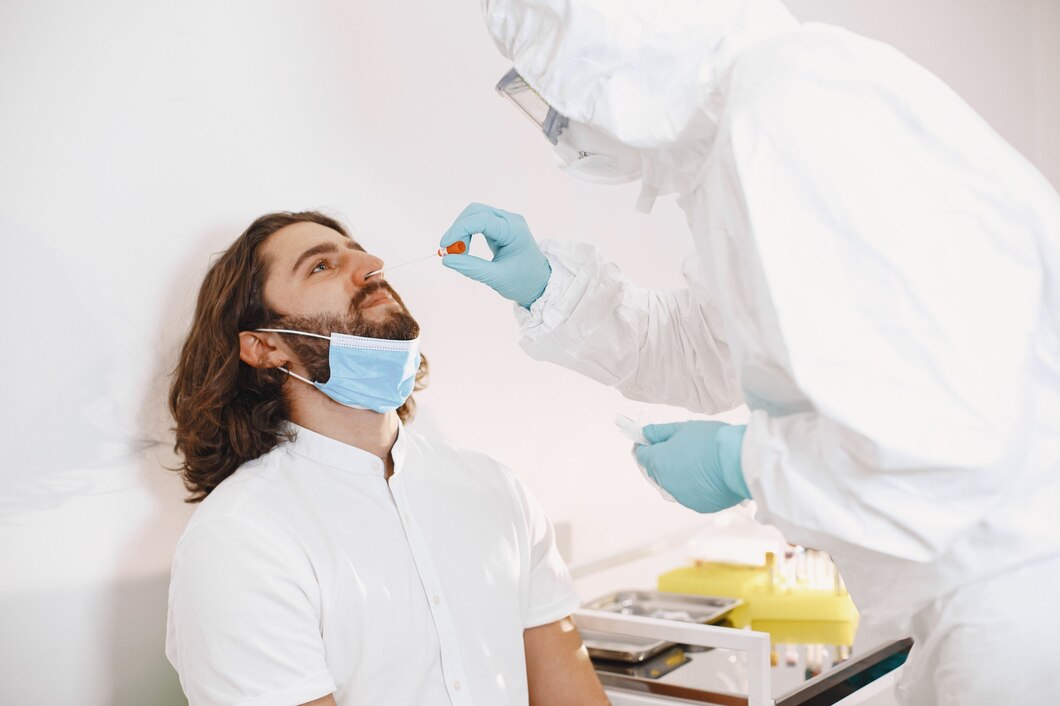Skin disorders can be a source of discomfort and concern for many individuals. They not only affect the physical appearance but can also have a significant impact on a person’s overall well-being. In this blog post, we’ll explore some common skin issues, their causes, and available treatments. Whether you’re dealing with a persistent problem or just want to be well-informed, understanding these conditions is essential for maintaining healthy skin.
Common Skin Disorders:
1. Acne:
Acne is a prevalent skin condition that affects people of all ages. It occurs when hair follicles are clogged with oil and dead skin cells, leading to the formation of pimples, blackheads, and whiteheads. While it is most common in teenagers, adults can also suffer from acne. Proper skincare routines, lifestyle changes, and, in some cases, medications can help manage and treat acne effectively.
2. Eczema:
Eczema, also known as atopic dermatitis, is characterized by itchy and inflamed skin. It often appears in childhood and can persist into adulthood. Triggers for eczema include allergens, stress, and certain foods. Moisturizers, topical corticosteroids, and lifestyle adjustments can aid in managing eczema symptoms.
3. Psoriasis:
Psoriasis is an autoimmune condition that leads to the rapid buildup of skin cells, resulting in thick, red patches with silvery scales. It can affect various parts of the body, including the joints. Treatment options for psoriasis include topical medications, phototherapy, and systemic medications, depending on the severity of the condition.
Available Treatments:
1. Topical Treatments:
Many skin disorders can be effectively managed with topical treatments such as creams, ointments, and gels. These products often contain active ingredients like retinoids, salicylic acid, or antibiotics, targeting specific symptoms and promoting skin healing.
2. Phototherapy:
Phototherapy involves exposing the skin to ultraviolet light under controlled conditions. This treatment can be beneficial for conditions like psoriasis and eczema. It helps to slow down the rapid growth of skin cells and reduce inflammation.
3. Oral Medications:
For more severe cases, oral medications may be prescribed. These can include antibiotics, antifungals, or immunosuppressants, depending on the nature of the skin disorder. Close monitoring by a healthcare professional is essential to minimize potential side effects.
Incorporating Skincare Habits:
In addition to medical treatments, maintaining a healthy skincare routine is essential in preventing and managing skin disorders. Regular cleansing, moisturizing, and protection from the sun are fundamental steps in promoting skin health. Avoiding triggers, such as specific foods or environmental factors, can also contribute to overall skin well-being.
Understanding the common issues surrounding skin disorders empowers individuals to take control of their skin health. It’s essential to recognize the signs and symptoms early on and seek professional guidance for an accurate diagnosis and effective treatment plan. Remember, everyone’s skin is unique, and what works for one person may not be suitable for another. If you’re experiencing persistent skin issues, consult with a healthcare professional for personalized advice.
At AbsoluteUrgentCare, we prioritize your skin health. If you have concerns about any skin disorder, our experienced healthcare professionals are here to provide personalized care and treatment options. Don’t let skin issues hinder your well-being; take the first step towards healthier skin today!





















